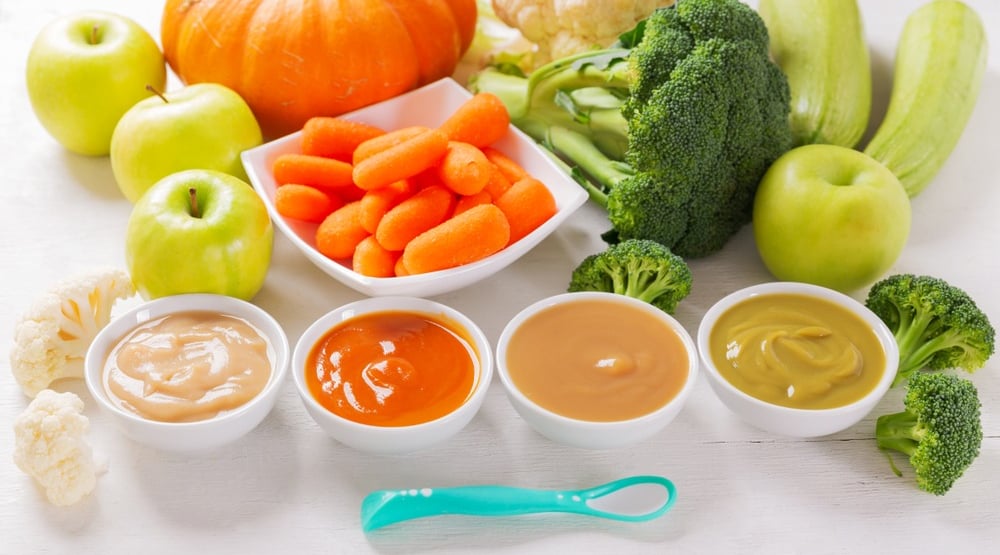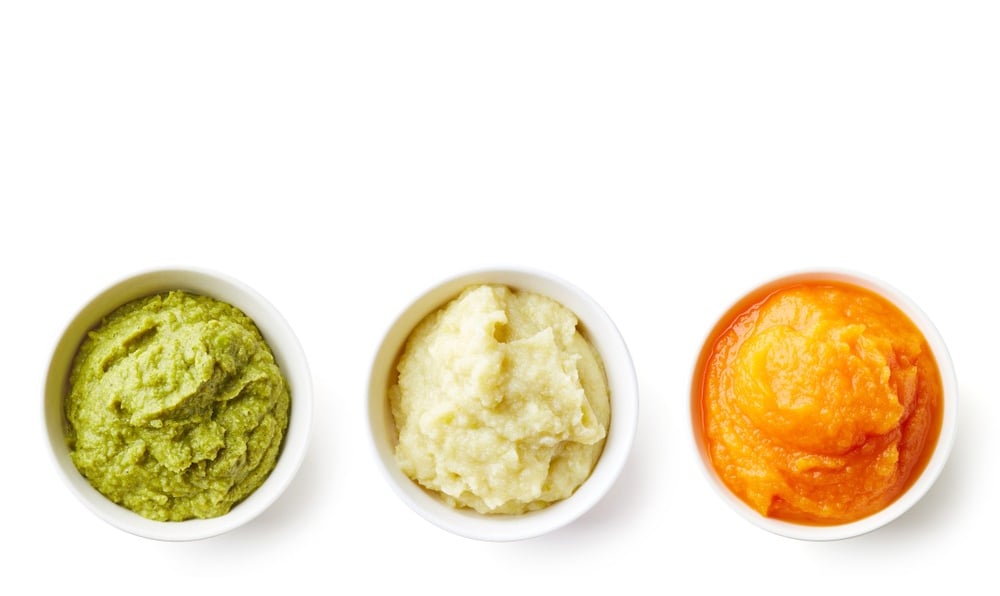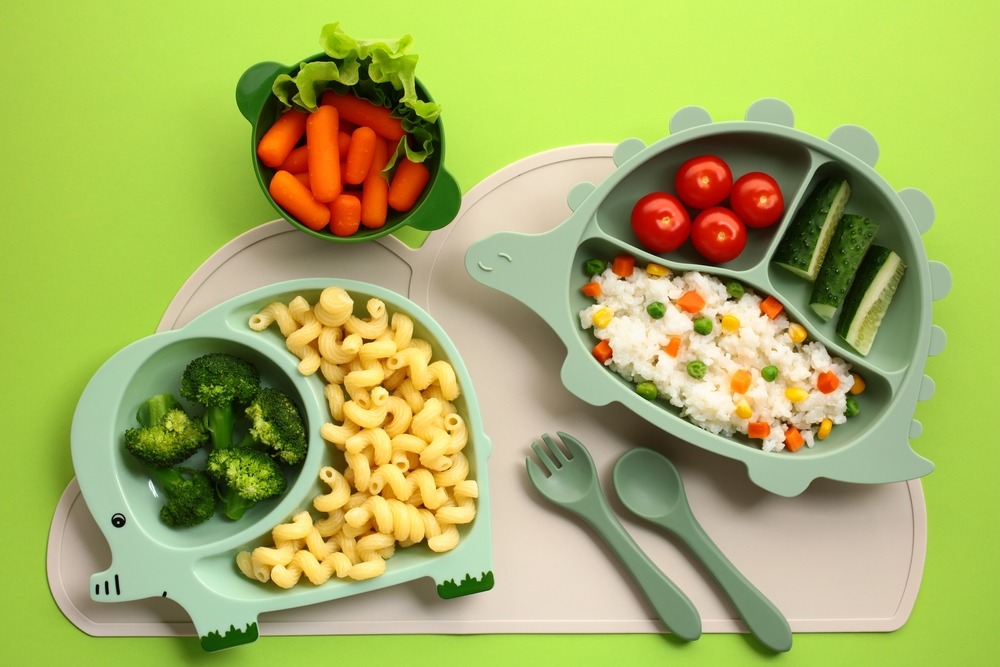
Healthy Feeding Guide for Babies: Best Nutrition Tips from Birth to Two Years
Discover the best feeding practices for babies from birth to two years. Learn when to introduce solid foods, essential nutrition tips, and how to boost your child's immunity with a healthy meal plan. A comprehensive guide for new parents.
BABY CARE
Nifas
1/7/20253 min read


Feeding your child properly during the first two years is crucial for their overall development. During this time, a child's body and brain grow rapidly, requiring the right nutrients to support this growth. Breastfeeding, whether natural or formula, continues until the child is two years old. Breastfeeding offers unmatched benefits for boosting a child's growth and immunity. Starting from the sixth month, children begin to eat mashed foods.
In this article, we'll explore the different nutritional stages for children from birth to two years old, reflecting their increasing dietary needs.
Nutrition from Birth to 5 Months: Importance of Breastfeeding
In the first few months, babies rely solely on milk. Breastfeeding or formula is the best feeding schedule for newborns, with regular feeds as advised by a doctor. Solid foods are not allowed at this stage. Breast milk is considered the best comprehensive nutrition for infants at this stage, as it contains all the essential nutrients a baby needs for growth and development. It is characterized by a high water content, comprising about 87%-88%, along with 7% carbohydrates, 1% protein, and 3.8% fats. Additionally, it provides the necessary vitamins for the infant and offers significant benefits in boosting the baby's immunity.
Nutrition from 6 Months: Introducing Solid Foods


At this stage, babies start getting ready for solid foods. When can you introduce solid foods to infants? Typically, solid foods are recommended from four to six months. By this age, a baby's digestive system can handle simple, mashed foods. Alongside milk, either breast or formula, you can introduce:
Mashed red meat and chicken.
Mashed vegetables like zucchini and peas.
Mashed fruits like apples, bananas, and peaches.
Iron-fortified cereals, avoiding rice-based cereals; opt for oats or barley instead.
Small amounts of unsweetened yogurt, preferably not made from cow's milk. It is advised to avoid giving cow's milk to children under the age of one, as their digestive systems at this age are not yet capable of properly digesting the proteins and minerals it contains.
Nutrition from 6 to 8 Months: Best Mashed Foods for Infants
During this period, continue with the foods introduced from 4 to 6 months, adding:
Mashed fruits like bananas, pears, avocados, and peaches.
Mashed vegetables like carrots and sweet potatoes.
Small amounts of pasteurized cheese, cottage cheese, and unsweetened yogurt, avoiding cow's milk until one year old.
Mashed tofu, a soy-based product that is rich in protein.
Mashed legumes like soybeans, black and red beans, lentils, and chickpeas.
As part of infant nutrition up to the age of two, the child should continue breastfeeding or formula feeding as a component of their diet.


Nutrition from 8 Months to 1 Year: Expanding Food Choices


At this stage, offer the same foods as before, but add cooked vegetables and non-mashed foods. Cut meat into small pieces and introduce finger foods like scrambled eggs, pasta, and deboned fish. Breastfeeding or fortified formula feeding should also continue, while avoiding full-fat cow's milk.
Nutrition from 1 to 2 Years: Promoting Healthy Growth
Breast milk remains important, but other foods become key sources of nutrition and energy. Offer family meals, ensuring:
Animal foods like low-fat milk, cheese, yogurt, meats, fish, eggs, and poultry.
Legumes, nuts, fruits, and vegetables.
Small amounts of healthy fats.
The child should have three main meals daily, in addition to two or three healthy snacks. Snacks can include fruits or nuts, while avoiding soft drinks, fast food, fried and processed foods, and sweets high in sugar, unhealthy fats, preservatives, and chemicals.


Feeding Guidelines from 6 Months to 2 Years: Important Tips for
Parents should consider these tips when feeding their infants:
Make mealtime enjoyable, playful, and relaxing without forcing food.
Allow the child to try eating independently.
Diversify food choices daily.
Consult a pediatrician for any concerns or questions about your child's diet.
Nifas Advice
Experts at "Nifas" emphasize that diverse nutrition during the first two years is key to healthy growth. Offer small, varied meals with mashed vegetables and fruits, proteins like chicken and fish, and mashed legumes like lentils and beans. Foods rich in iron, such as oats and sweet potatoes, are essential for brain health and cognitive development. Remember, breast milk or formula remains a primary source of nutrients until age two, so continue breastfeeding alongside introducing solid foods.
Frequently Asked Questions (FAQs)
Contact Us


Tahlia Street, Abdul Latif Building, Opposite Karam Beirut Restaurant, First Floor, Office 101 Riyadh, Kingdom of Saudi Arabia
info@nifas.net
Our Address
Follow Us
